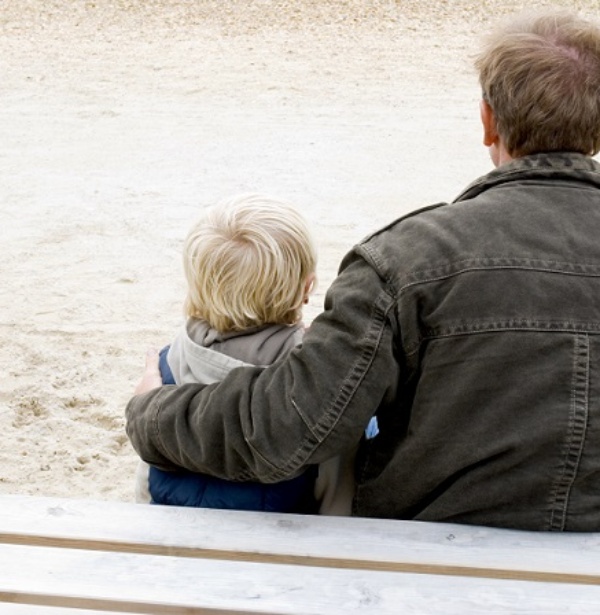Tragic events shake up our lives on a daily basis and even affect how we feel. During these times, I find the best thing you can do with your family is to have an open discussion. Sit down with them to ensure they understand what is happening and hear it from their family first instead of outside sources.
Because children at different ages react and process information differently, their age level will dictate how the conversation will go.
Ages 5 and under: Get down to their eye level. Help them understand what happened without embellishing or lying. If your child hasn’t brought it up – ask them. Then drive the conversation from there.
Ages 6 to 13: Your elementary school children may be more curious and ask questions about the event: “Why did it happen?” or “How many people died?” It’s important that you answer these questions honestly, without bias, and give them as much information as you can to help them feel comfortable with the situation.
Ages 13 to 18: Teenagers may already be looking for the information themselves and have probably formed their own opinion. Allow them to express themselves in their own manner and encourage the discussion.
Our children look to us for answers, and also how to behave and react in these tough situations. During hard times, it’s OK to cry. But sometimes we forget that children are perceptive and pick up on our behaviors. So if you feel you are becoming too emotional, I find it helpful to excuse myself from the conversation and take a break.
Your children may also have a strong emotional reaction and begin to behave differently. Young children may become clingy or pick up habits that they may have dropped a while ago, like sucking their thumb or wetting the bed. Children in elementary or middle school may have sleeping problems or become scared of regular activities, like going to school. Teenagers may experience a shift in their mood and become short with their answers. They also may begin to experience headaches or belly pain.
If your child begins to act out – talk to them. They may be having a hard time expressing themselves because they don’t know how to handle their emotions.
As a parent, there are some things you can do at home to help ease the stress such as:
- Limit the media coverage. Turn off the news in common areas.
- Keep to your regular routine, like dinner and bed time.
- Spend extra time with them. Read a book at bed time or tuck them in if you normally wouldn’t have.
- Volunteer as a family to assist the cause and show your children everything will be okay.
It’s imperative that you answer your children’s question with facts and let them express themselves. Children are exposed to a lot of information which can get confusing and overbearing. Help them navigate through these hard times with an open discussion. If you see that your child is still having trouble after a few weeks, seek outside help. I know it may be hard to face, but communication is key.
Dr. Juan Carlos Millon is a proud member of the TopLine MD Alliance practicing medicine in Miami-Dade County.





